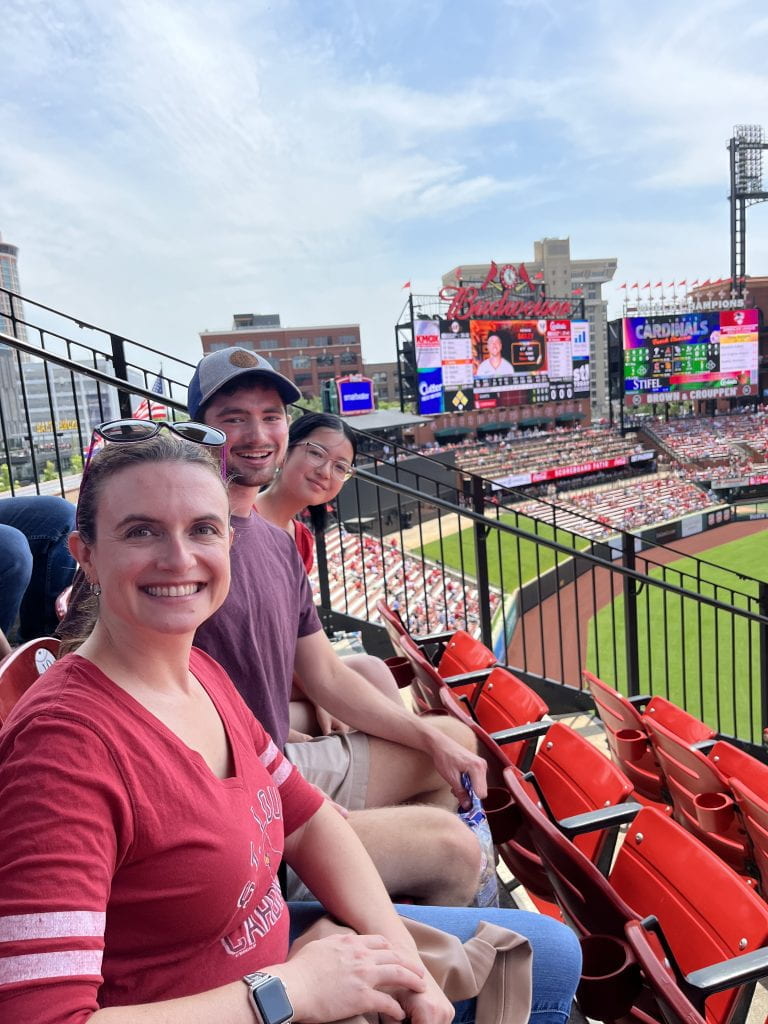Mentoring philosophy
I believe faculty have the responsibility to not only mentor but also sponsor students and trainees in their laboratory (ie. nominating them for positions that increase local and national visibility). Importantly, I believe when challenges arise, a productive approach is to ask serial open-ended questions to identify the root of the problem mentees are facing (or the root factors in a decision they are trying to make). Often the problem presented is not the true issue. Empowering mentees to arrive at solutions themselves (while making them aware of available resources) serves them better in the long term. I further believe embodying a growth mindset and cultivating this in trainees is critical to success.
My mentoring approach involves helping my mentees to identify their values, align their vision with their values, and then set SMART (specific, measurable, achievable, relevant, and time-bound) goals to achieve their vision. This is useful in career development as well as in setting quarterly and annual goals for laboratory work. It is paramount to have periodic assessments to measure progress toward those goals. Further, I think it is important to adapt one’s mentoring style to meet the changing needs of the mentee over time. This can be facilitated through ongoing conversations regarding the goals of mentorship and the responsibilities of the mentor and mentee.
There is clear evidence that institutionalized racism, misogyny, homophobia, classism, ableism, and other divisive stances can have strong impacts on educational experiences. Therefore, it is imperative to create a supportive and safe laboratory environment for staff, students, and trainees, and it begins with the Principal Investigator. My work to address diversity, inclusion, and equity began as a first-year medical student when I founded the Doctors for Diversity Student Interest Group to address gaps in our curriculum on topics such as how to identify our racial biases, unique medical needs of LGBTQ+ individuals, health care challenges facing recent immigrants, etc. I was recognized for these efforts with the John H. Gladney Special Recognition Diversity Award. I continue to support such efforts through my work with the American Society for Transplantation and Cellular Therapy’s Women and Underrepresented Minorities Special Interest Group and their Talent Acquisition Task Force, and I carry these approaches into my mentorship of students, trainees, and staff.

Melissa Mavers, MD, PhD
Assistant Professor of Pediatrics
Washington University School of Medicine
Department of Pediatrics, Division of Hematology and Oncology
Team gallery









